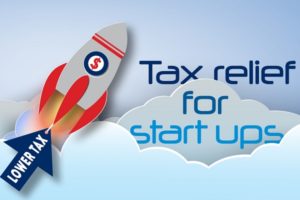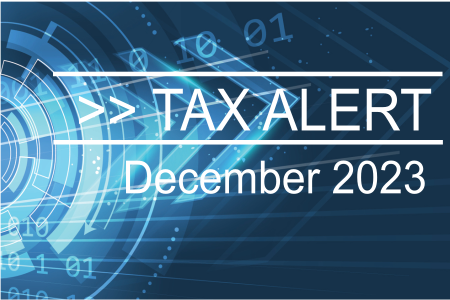To encourage innovation and new small businesses, the government offers a range of valuable tax incentives and concessions designed to help start-ups. There are even tax deductions for expenses you incur before you start trading.

Here’s a roundup of some of the tax concessions on offer:
Start-up expenses
Most new businesses face some hefty start-up expenses to get their big idea up and running, so an immediate tax deduction can be a real help. For example, expenses incurred when you receive advice about the proposed structure or operation of a new business can be fully claimed in the same financial year.
Payments to government agencies for fees or charges relating to establishing the business can also claimed. These include costs such as fees for creating a company and stamp duty on assets transferred into the business.
Simplified depreciation rules
Another valuable tax benefit is the instant asset write-off, which allows start ups to immediately deduct the business portion of assets purchased between 1 July 2016 to 30 June 2018.
The deduction is available for each asset costing less than $20,000, whether new or second-hand. It’s claimed through the business tax return in the year the asset is first used or installed.
Paying next year’s bills
In some cases you can also claim an immediate deduction for pre-paid expenses.
This tax concession allows you to claim a deduction in the current financial year if you pay for costs such as the following year’s insurance policy premium, utility bill or professional subscriptions.
Incentive for research expenses
Start-ups with a significant research and development (R&D) component may be eligible for the R&D Tax Incentive. This is not just for tech companies or inventions; the main criteria is whether the business is doing something different or new to the market.
If a business qualifies, the R&D concession provides a 43.5 per cent refundable tax offset. This means even if your start-up is operating at a loss, the tax benefit will be refunded to you as cash.
Early stage investors
Raising capital can be a hurdle when you are just starting out. Fortunately, there are also tax breaks to encourage investment in innovative start-ups. From 1 July 2016, anyone investing in new shares of a qualifying early stage innovation company (ESIC) is eligible for a tax incentive.
Eligible investors qualify for a non-refundable carry forward tax offset equal to 20 per cent of the value of their investment, with an annual cap of $200,000. A 10 year capital gains tax exemption is also available.
Company tax breaks
The government’s new tax concessions for small business entities with an aggregated annual turnover under $10 million are also a welcome boost. Qualifying businesses enjoy the new lower company tax rate of 27.5 per cent, which will be extended to companies with turnovers under $50 million in 2018/19.
In addition, the turnover threshold for small business fringe benefits tax (FBT) concessions has been increased to $10 million. This means qualifying small business employers can provide employees with FBT-exempt car parking, provided it is not in a commercial car park. They can also give employees multiple FBT-exempt portable electronic devices, including laptops, tablets, calculators and mobile phones, provided they are work-related.
Offset your tax bill
Another concession is the small business income tax offset (or unincorporated small business tax discount), which is available to sole traders, partnerships and trusts.
The 8 per cent offset (in 2016/17) applies to businesses with a turnover of less than $5 million and has an annual limit of $1,000.
Streamlining SG payments
To help reduce red tape, the Small Business Superannuation Clearing House allows start-ups to pay employee Super Guarantee contributions in a single electronic payment. Businesses with 19 or fewer employees and turnovers under $10 million can access the service.
Contact us if you’d like more information about how your business can benefit from government incentives and concessions.
Source: ATO
Did you enjoy this article?
Click below to share it
More News Articles

What the 2025 Federal Budget Means for you
Treasurer Jim Chalmers’ fourth federal budget
was just announced

Retirement Planning: It’s Not all About the Money
Retirement is often a massive life change for the majority of people who experience it

FBT – How Fringe Benefits Tax Works
FBT is separate to income tax. It’s calculated on the taxable value of the fringe benefit

Tax Alert December 2023
The ATO is getting back to business with it’s lenient approach during the pandemic over, it’s focus now is returning to traditional debt collection

How a Super Recontribution Strategy Could Improve Your Tax Position
The main reason for implementing a recontribution strategy is to reduce the taxable component of your super and increase the tax-free component

Rental investor? How to Get Your Tax Return Right
Extra care is needed when lodging returns with rentals
Connect Through our Socials
While you may have come to us from a variety of sources, the time has never been better to join us.
Connect through out socials to keep up to date with our latest news and get some tips.




